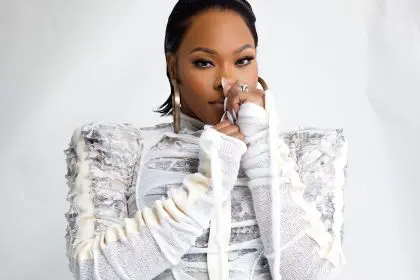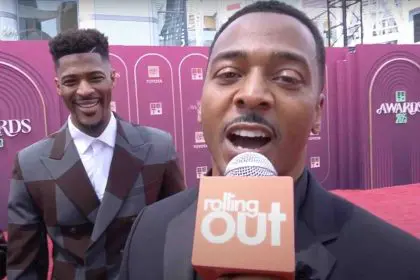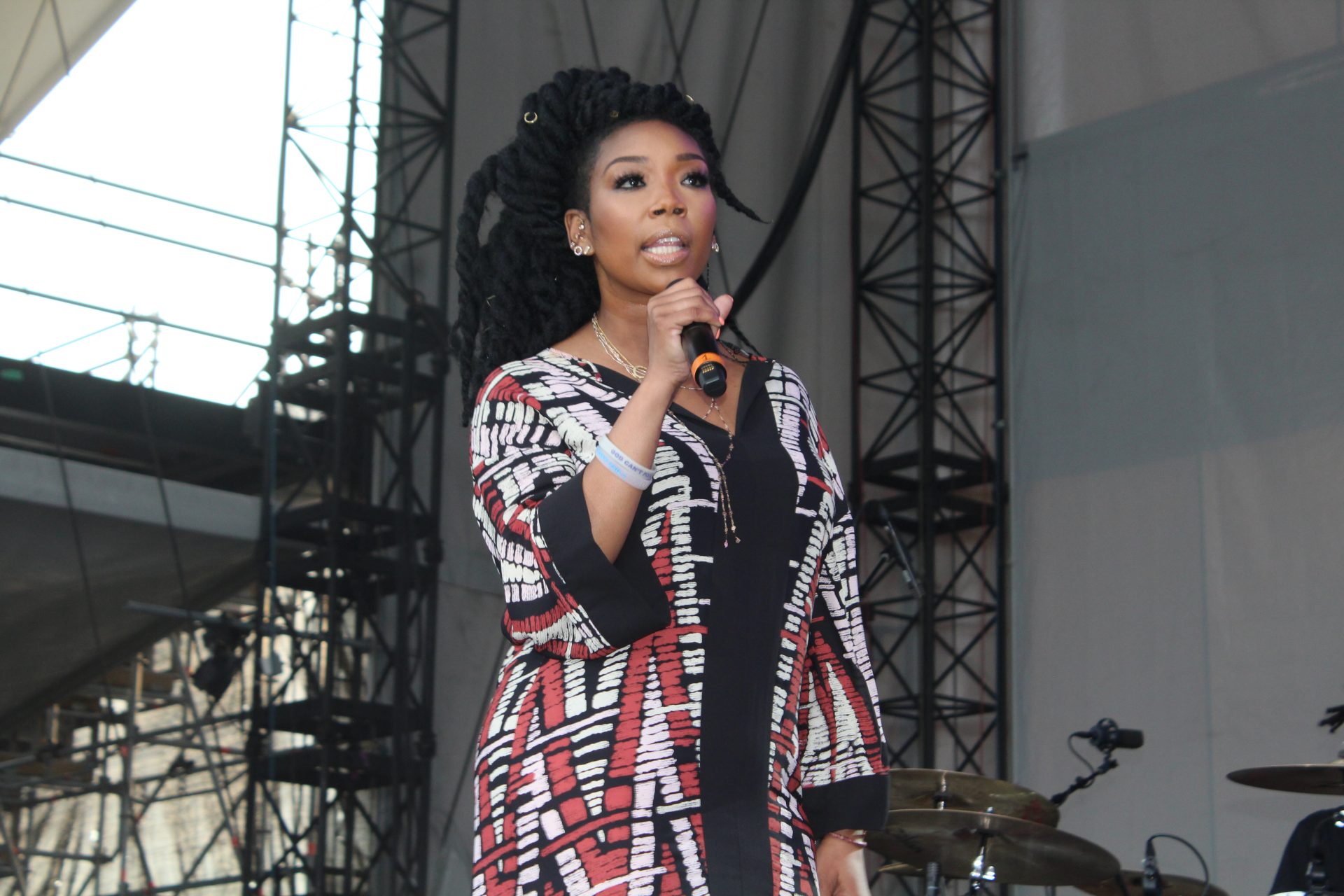 When celebrated saxophonist and 2011 Grammy winner Kirk Whalum spoke with rolling out for an article that appeared in its Producer 10 publication last year, he described jazz as being “profound like a wail … a testimony to your ancestors, your frustrations, your aspiration and your dreams.” The accomplished jazz master has had his share of fulfilling dreams, having worked with much-lauded greats like Quincy Jones, Babyface, Barbra Streisand, Whitney Houston, Edwin Hawkins, Al Green, Yolanda Adams, CeCe Winans and the late great Luther Vandross, Whalum has transcended the constricts of any single genre and translated his music to eloquently express every human emotion. -roz edward
When celebrated saxophonist and 2011 Grammy winner Kirk Whalum spoke with rolling out for an article that appeared in its Producer 10 publication last year, he described jazz as being “profound like a wail … a testimony to your ancestors, your frustrations, your aspiration and your dreams.” The accomplished jazz master has had his share of fulfilling dreams, having worked with much-lauded greats like Quincy Jones, Babyface, Barbra Streisand, Whitney Houston, Edwin Hawkins, Al Green, Yolanda Adams, CeCe Winans and the late great Luther Vandross, Whalum has transcended the constricts of any single genre and translated his music to eloquently express every human emotion. -roz edward
You were nominated in the pop, R&B and gospel categories. How did that feel to be outstanding in three different Grammy categories?
I [was] verklempt. To be nominated three times [was] an honor. My understanding is that only Michael Jackson has [accomplished] that before. It’s a funny thing because I don’t see myself like a Michael Jackson — the sheer statistics are extraordinary.
Your last album, Everything is Everthing, is a tribute to Donny Hathaway. How did that come about?
I was asked to do it … the producer who conceptualized it came to me with this idea, and I thought it was a no-brainer. It was serendipitous that the very first song that I learned straight through on any instrument was [Hathaway’s] “Everything is Everything.” I was 10 years old.
Is there an underlying theme that inspires you to create and play?
There is an underlying someone, which is the savior, redeemer, my sense of peace — the Lord Jesus. My relationship with Him undergirds my approach to art and music as a worship to Him.
Do you struggle with balancing your religious convictions and secular music?
Not for me. It implies a dualistic approach, and I believe life is life, and either you’ve had an encounter with God and responded in some way or you haven’t . But once you have, it’s not like there’s that separation. It’s all about God. You know though, if I’m making love to my wife, I don’t want to hear gospel music.
What’s your take on hip-hop gospel and the Christian rap genres?
I love it. I just wish there were more permutations … You can think of [music] as a package. Like Airborne, FedEx and UPS, it’s not so much about the carrier as it is about the package. It’s a way of getting it to people who might listen to it.







